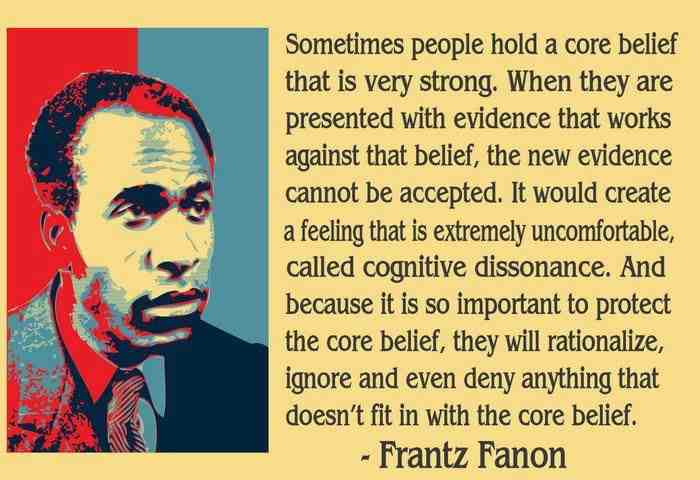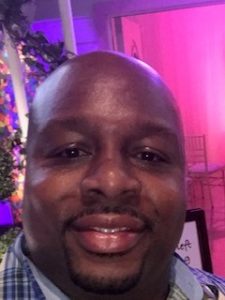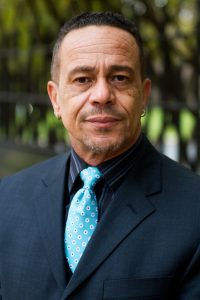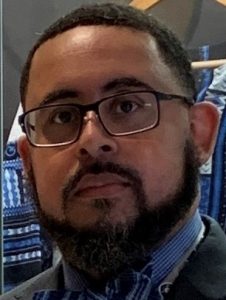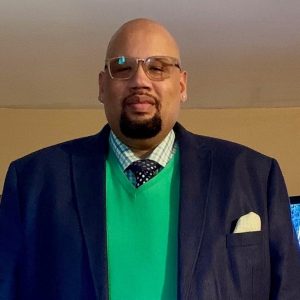Bios:
Community Minded Educators
Why the name Educare? According to the Oxford English Dictionary, “education” is derived from the Latin roots, ‘educo’ and ‘educare’. Educare means “to rear or to bring up”. Educare itself can be traced to the Latin root words, “e” and “ducere”. Together, “e-ducere” means to “pull out” or “to lead forth”. We believe that the best way to educate children in any field is by using both ‘educare’ and ‘educere’ approaches. We use the term “educare” to communicate our teaching method through which children and adults are provided basic instruction and encouraged to “think” and “draw out” information from within.
Community Minded Educators mission as an educational consultancy that is dedicated to being culturally proactive in assisting high schools, colleges and universities, communities and non-profit organizations to build capacity to address institutional structural and systemic racial inequities. Our commitment is to assist institutions to assess, examine, interpret and improve relationships between people and communities with intersectional and sociocultural identities to develop aspirational cultural wealth and not deficit ideologies of stereotypes for future practitioners and learners for social justice collectivism.
Our vision is to develop and understand power, privilege and oppression to work effectively on the behalf of systemic and structural change through social and cultural capital building to promote coalition collectivism to move from cognitive dissonance, socialization, oppression and move to the understanding of liberation for all.
Our philosophy which is not utopic, is to develop equity and justice minded people that are race conscious and aware of social and historical context of exclusionary practices, and who are willing to engage in necessary brave conversations and decision-making that can lead to transformational change for all. Our programs are designed to raise awareness and consciousness as well as support and provide resources to assist individuals, groups and communities to strategically execute and sustain their work through transformative learning. Our methodology and pedagogy consist of a powerful combination of media, interactive activities and dialogue. Inclusion must be the active, intentional and ongoing engagement in the curriculum, co-curriculum, professional development and training, and in communities which individuals might connect—in ways that increase awareness, content knowledge, cognitive sophistication, and empathic understanding of the complex ways individuals interact.
BIO: Dr. Marcellus Davis
Dr. Marcellus Davis has spent over 20 years working towards racial educational equity in education (K-12 & Higher Education). He has held numerous positions through his educational career ranging from Urban Education amp; Human Relations Professor, Executive Director of a Charter School, Director of Achievement and Integration Equity and American Indian Education. His theoretical development is in the scholarship of Critical Race Theory (CRT), in particular CRT in education. His scholarship also includes racial identity development, in particular, Black identity development. Dr. Davis is an innovative educator who builds programs, and authors powerful testimonies on how students of color, in particular, African American/ Black students experience schools and how to resist White Supremacy as a Black student.
FULL BIO:https://consciouscampus.com/blog/wp-content/uploads/2020/07/Dr.-Davis-2020-Bio.pdf
BIO:Alexander Hines
Alexander Hines served in the United State Air Force (USAF) as a non-commissioned officer for 15 years. After separating from the USAF, he earned a B.S. in Management Studies and a double minor in History and Psychology from the University of Maryland, University College, European Division, Heidelberg, Germany and a Masters of Education Degree in Counseling and Guidance Services from Clemson University with an emphasis in Student Affairs. Alexander has 28 years of experience in higher education in student and academic affairs working with traditional, non-traditional, first-generation, underserved and underrepresented high school and college students and their parents/caregivers. Being a first generation college student and African American man, his passions are African American/Black Identity development, and assisting underrepresented and underserved high school students with intersectional identities to gain access to higher education and helping them to become successful in pursuing their dreams of obtaining a postsecondary degree.
FULL BIO:https://consciouscampus.com/blog/wp-content/uploads/2020/07/Alexander-Hines-Bio-2020.pdf
BIO: Dr. Kenneth O. Turner Jr., Ed.S., Ed.D.
Dr. Turner is a co-founder of Community Minded Educators LLC. This consulting company is about bring attention to race and equality to the forefront of the education of African-American children. Dr. Turner has over 27 years in the education field and brings a wealth of knowledge and experience to the field of urban education. As a lecturer his primary focus will always be empowerment and inclusion within the urban communities and exposing those who are considered privileged to the cultural diversities and understanding within the broken education system
FULL BIO:https://consciouscampus.com/blog/wp-content/uploads/2020/07/Kenneth-O.-Turner-Jr.-Bio-2020.pdf
BIO: Richard Webb
Richard Webb has worked in different capacities training and facilitating experiences that support successful racial and multicultural inclusiveness within diverse environments. He has worked in educational, corporate and nonprofit institutions as an innovator, bridge builder, voice and practitioner. He uses developmental approaches that yield demonstrated behavioral outcomes for individuals and organizations that are goal driven and multicultural/racial proactive and responsive. Richard as an administrator, instructor, coach, trainer, and consultant, has a gift in focusing on the strengths of his clients and communicates how their set of unique qualities contribute to leadership development and management performance. He is known for his expertise and strategic use of the Intercultural Development Inventory (IDI) in leadership development of individuals and teams, as well as in enhancing organizations’ Diversity and Inclusion strategies. Richard received his Bachelor of Arts in General Studies with an emphasis in Ethnic Studies from the University of Northern Iowa and Masters of Arts in Education with emphasis in Leadership from Augsburg College.
FULL BIO:https://consciouscampus.com/blog/wp-content/uploads/2020/07/Richard-Webb-Bio-1.pdf


